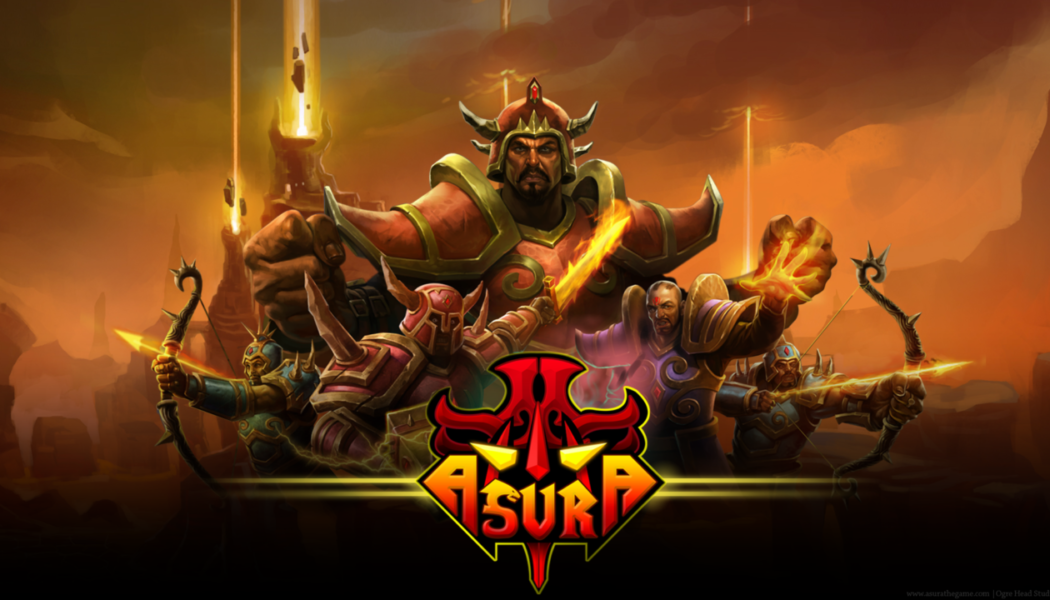

Programming Languages :
C++(11/14/17/20) & C (Certified), C#, Java (Core), Python, HTML, CSS, JavaScript, XML
Development Tools :
Unreal Engine 5 & 4, Vulkan, DirectX 11 & 12, Visual Studio, Rider, VR Devices, Unity, Console Development, Git, PerForce
Design Tools :
Maya, Photoshop, Pencil, Blender, Adobe After Effects, lightworks
Database Skills :
SQL and MongoDB
Work Experience :
I pride myself in delivering rich and polished experiences that people can enjoy and immerse themselves into.
Prepare for heart-pounding thrills as you explore the labyrinth of the deserted Costume Manor, discovering remnants of Edwin's unfinished work and eluding the monster he's created - Full Programmer ownership of various core game features and systems. - Debugging and Profiling. - Close collaboration and integration with multi-disciplinary folks.
A sequel to the terrifying VR experience that brought new life to the iconic horror franchise. - Full Programmer ownership of 3 minigames. - Team management and Team-decision Handling. - System Design and Architecture.
A free DLC as an appreciation for enormous fan love and support. - Designed and implemented Inventory System. - Unreal C++ and Blueprint Gameplay Systems. - AI BlackBoard and Behavior Trees.
AAA first-person survival horror game comprising of a continued lore with layers of deeper and darker secrets. - Designed and implemented a Save-Game System which handles all saving and loading fucntions of the game. - Designed and implemented Gameplay systems for particular sections of the game. - Designed and developed a Moonman (An iconic game character) System. - Worked with AI and spline systems.
A Halloween-themed DLC pack with more exciting mini games.
- Unreal C++ and Blueprint systems.
- Implemented gameplay systems for minigames in there.
A VR survival horror anthology of different minigames based on the Five Nights at Freddy's franchise. - Worked on improving certain parts of the minigame. - Implemented flat version systems for Player and Keyboard & Mouse/Gamepad controls. - Implemented Camera systems to convert VR gameplay to a flat version.
Some personal & university projects from my earlier days in Game Dev!
Demon Spawn is a 2D survival + puzzle platformer game made with Unity where you play as a lost wanderer figuring his story out. - Players must traverse through unknown areas uncovering their backstory, fighting internally with their more powerful, demonic alter ego. - The main theme of the game is about balancing the inner demon in all of us, choosing between restraint and unleashing our power. - Players will encounter both combat and puzzle elements as they discover the past.
A zig-zag basic controls game made in Visual Studio using c++ and DirectX11 API.
Bleek’s World is a 2d platformer puzzle-solving game made in GameMaker Studio. A single screen level-based game which has its game mechanics based upon portals. Each Chapter has 5 levels in it. And just to give you a glance of one of the future surprises, a bonus level.

A group project on the remake of pinball in 3D in Unity

Critique about an indie game that intrigued me with its Indian Mythology.

Critique about a nostalgic 2-Player cooperative classic!

Critique about a well known and addicting gambling card game.

Not an Artist, but I like to take a break from Programming quite often.
I would love to hear from you!
Phone: +1 (585) 771 7502
Email: kunalpatil95@yahoo.com
Address: San Jose, CA 95134
Resume:
